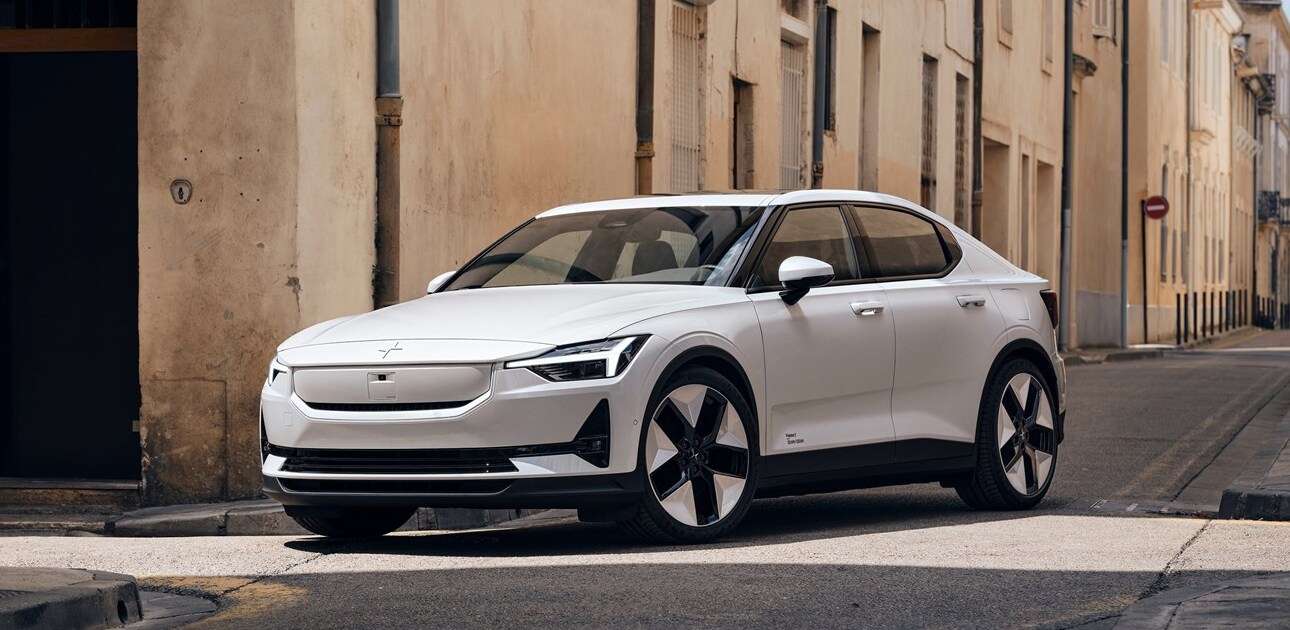Polestar, the electric car manufacturer, is facing a critical situation as its stock recently plummeted to an all-time low of 73 cents, jeopardizing its Nasdaq listing unless its fortunes are reversed.
The company, which went public through a reverse merger with a special purpose acquisition company (SPAC) in 2022, was once valued at $21 billion. However, like many other electric vehicle (EV) companies listed on the Nasdaq or NYSE in recent years, its stock has performed poorly, losing approximately 95% of its value. Polestar’s market capitalization has dwindled to just $1.65 billion.

Polestar’s stock dipped below $1 for the first time on May 21, following the announcement of a delay in the release of its 2023 annual report and its Q4 2023 report. The delay is due to the need to finalize statements regarding accounting misstatements made in 2021 and 2022, which must be rectified in the 2023 report. The company stated that these changes will have a minimal impact, decreasing its net loss by less than 5% for 2021 and increasing it by less than 5% for 2022.
As a result of the delayed financial reports, Polestar received a deficiency notice from the Nasdaq, indicating non-compliance with stock exchange regulations. The company has 60 days from the date of the notice to submit a plan of compliance to the Nasdaq. If accepted, an additional 180 calendar days may be granted to regain compliance.

Polestar’s deliveries in the first quarter declined by 53% from last year, with new registrations falling by 70%. Gregor Hembrough, Polestar North America boss, attributed this to high interest rates and a shift away from fleet sales.
In an effort to reverse its fortunes, Polestar has launched a pricey second-quarter advertising campaign and offers compelling leasing deals, including a $299/month lease on the Long Range Polestar 2 extended into June.





